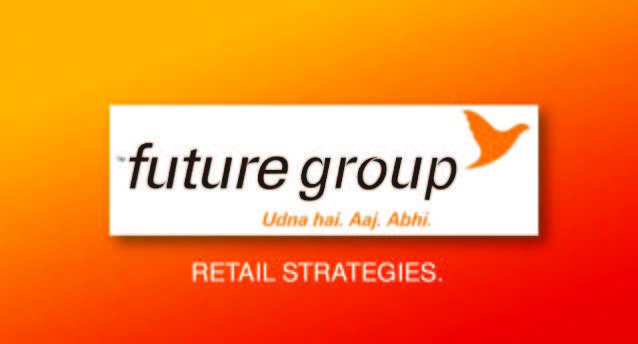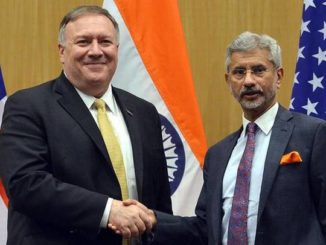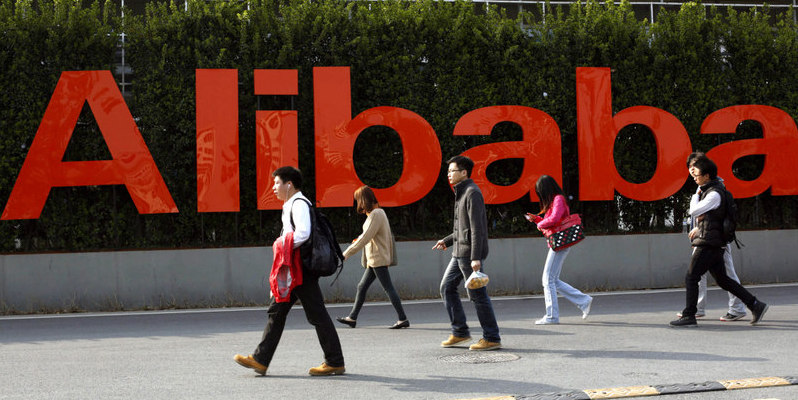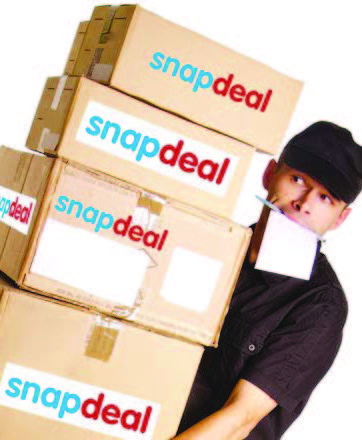
MUMBAI (TIP): Future Group will sell its labels on rival online platforms Amazon and Big Basket as part of its strategy to generate Rs 20,000 crore in sales from in-house brands by 2021 and establish itself as a standalone consumer-goods company. Future Consumer (FCL) has 28 brands under 65 categories and sells them mostly at its Big Bazaar and Easy Day stores.
“Our brands will be where the consumers are — modern trade, general trade or ecommerce — and we have got traction in a few channels already,” said Devendra Chawla, chief executive at Future Consumer, which has listed its juice and spreads brands on Amazon. It is also in talks to sell its products at Big Basket and plans to add to its portfolio on both online portals.
FCL, which counts Arisaig Partners and Verlinvest as its investors, has a distribution network of 22,000 stores. It recently partnered Indo-Nissin to use the Japanese company’s retail network and sell products at kirana stores. While Future Group operates about 13 million square feet of retail space with an annual customer footfall of 295 million, over the past year the group has added partners such as Tata StarBazaar, Metro and Spar, besides 5,000 Rajasthan fair price shops.
Future Group plans to launch a new brand, category or product every two weeks in an effort to generate sales of its own labels, which earn higher margins. The company has a host of global tie-ups including Hain Celestial to manufacture and sell food products in the health and wellness space and Mibelle AG, a division of Migros Group, Switzerland, to make a range of personal-care products under the brand Swiss Tempelle. The company recently introduced Kosh, an oats brand that is produced at a manufacturing unit set up in Sri Lanka through a joint venture with SVA India.
In India, food and grocery account for almost 50% of the retail basket and online penetration is still less than 1%, suggesting the infancy of the category and its potential opportunity. Morgan Stanley expects the grocery and food delivery market to reach an online penetration of 4% by 2020, touching a gross merchandise value of $19 billion and making it the largest category after electronics and apparel. Also, traditional trade including kirana stores still account for about 85% of sales for most consumer product companies while modern trade has a share of 10-12% after a presence of more than a decade.
Source: TOI





Be the first to comment